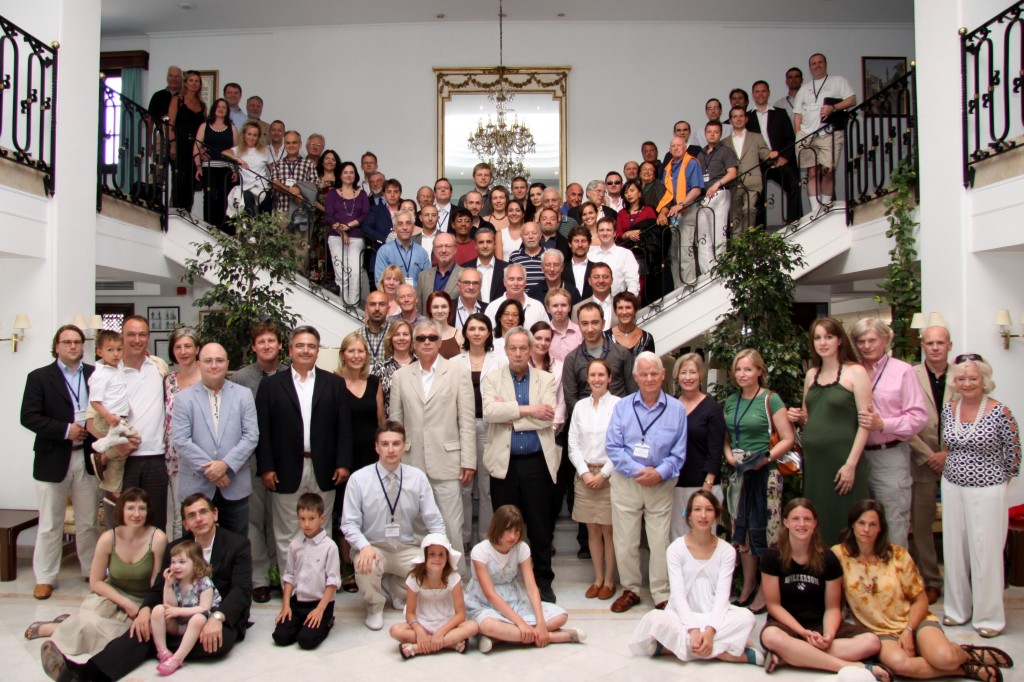TLS Podcast Picks: Matt Ridley’s The Rational Optimist
Podcast Picks, Technology- Matt Ridley on The Rational Optimist & “Ideas Having Sex,” Reason.tv (June 16, 2010): “Best-selling science writer Matt Ridley’s latest book is The Rational Optimist, which explains why the author is upbeat on the prospects of a planet and a civilization that seems to lurch from one pending political, economic, or environmental catastrophe to another. … Doomsayers have it all wrong, writes Ridley, who argues that prosperity and innovation have outraced even the visions of Adam Smith and John Stuart Mill.”
- Interestingly, Ridley argues that one cause of the current modern rate of progress is energy provided by fossil fuels since about 1800.
- For related arguments presenting a case for economic/American/human-race optimism, see also my post Don’t Bet on China; Jonathan Bean’s America’s Hidden Strength: Babies, Immigration; Joel Kotkin, Why America Will Still Lead the World in 2050, Reason.tv; David Brooks Relax, We’ll Be Fine (News of America’s death is greatly exaggerated. In reality, the U.S. is on the verge of a demographic, economic and social revival); and Glimmers of Hope (The fiscal future of the developed world looks bleak, but the British coalition should give us hope). Unfortunately, if these arguments about American’s continued dominance are right, this will allow our parasitical state to maintain its warfare-welfare state (see my post Hoppe on Liberal Economies and War).
TLS Podcast Picks: Matt Ridley’s The Rational Optimist Read Post »




